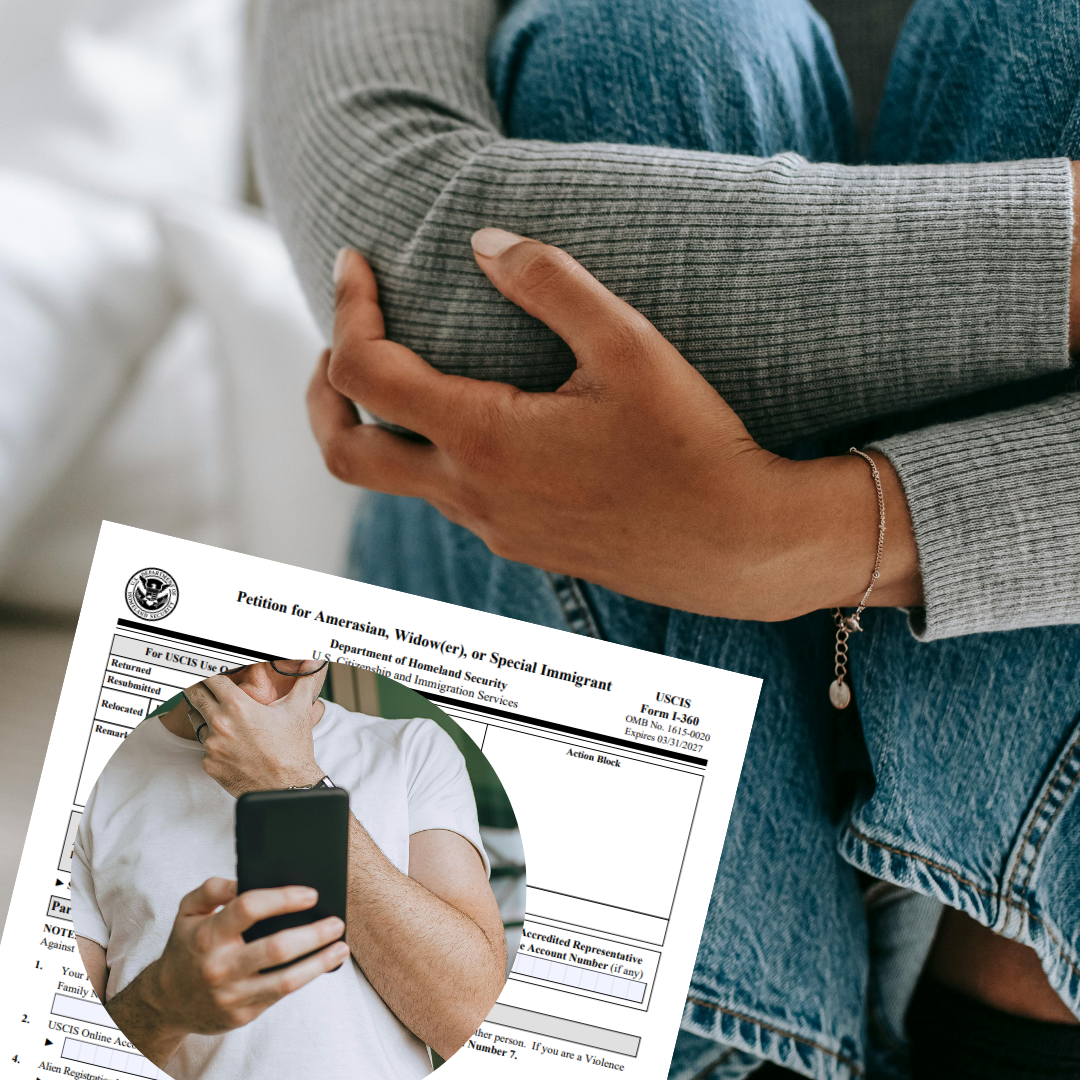
If you are in an abusive relationship and considering filing a VAWA (Violence Against Women Act) self-petition, one of the most common concerns is whether your abusive spouse will find out about your case. The short answer is no—VAWA applications are confidential. U.S. Citizenship and Immigration Services (USCIS) takes extensive measures to protect the privacy and safety of survivors throughout the process.
When you file a VAWA self-petition (Form I-360), USCIS does not notify your spouse or other family members involved in the abuse. Your abuser will not receive any letters, calls, or official documents from USCIS regarding your case. Correspondence about your petition is sent directly to you or to your attorney of record. This confidentiality is a critical part of the VAWA program, ensuring that victims can seek safety and legal status without fear of retaliation or further harm.
However, it is important to be cautious when providing your mailing address. If you live with your abuser, you should list a safe mailing address—for example, your attorney’s office, a trusted friend’s home, or a domestic violence shelter. This ensures that any USCIS correspondence goes to a secure location.
If you are concerned about your safety or unsure how to file without alerting your spouse, an experienced immigration attorney can guide you through every step while protecting your privacy. At Agarwal Law Group, we have helped many applicants file their VAWA self-petitions and obtain work authorization and Green Cards without their abusers ever finding out or being involved in the process.
📞 Call us at 703-348-1663 to schedule a confidential case evaluation and learn more about your options under VAWA.
Whether you have a legal question, need to schedule a consultation, or just want to learn more about how we can help — you can count on us to respond quickly and clearly.